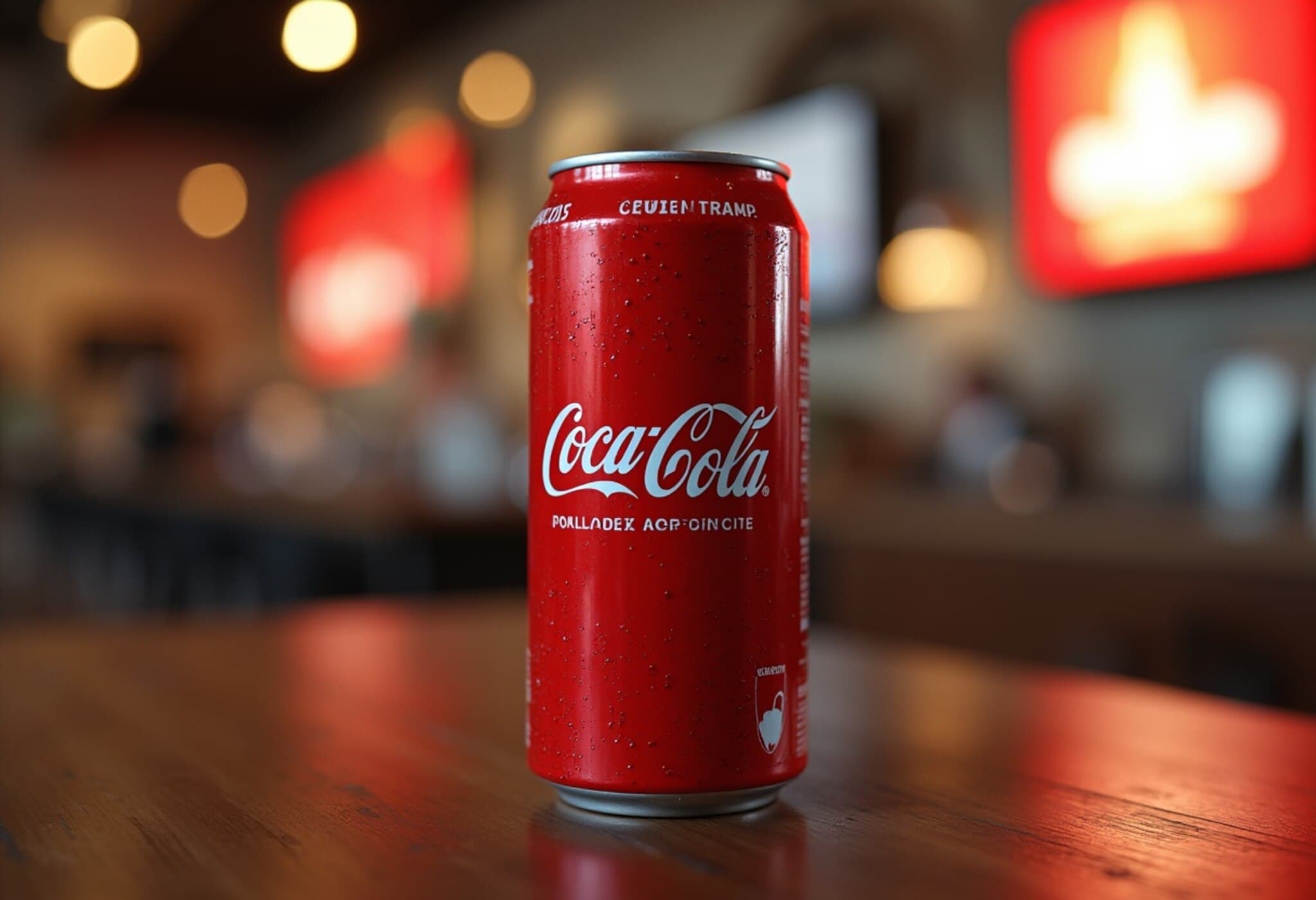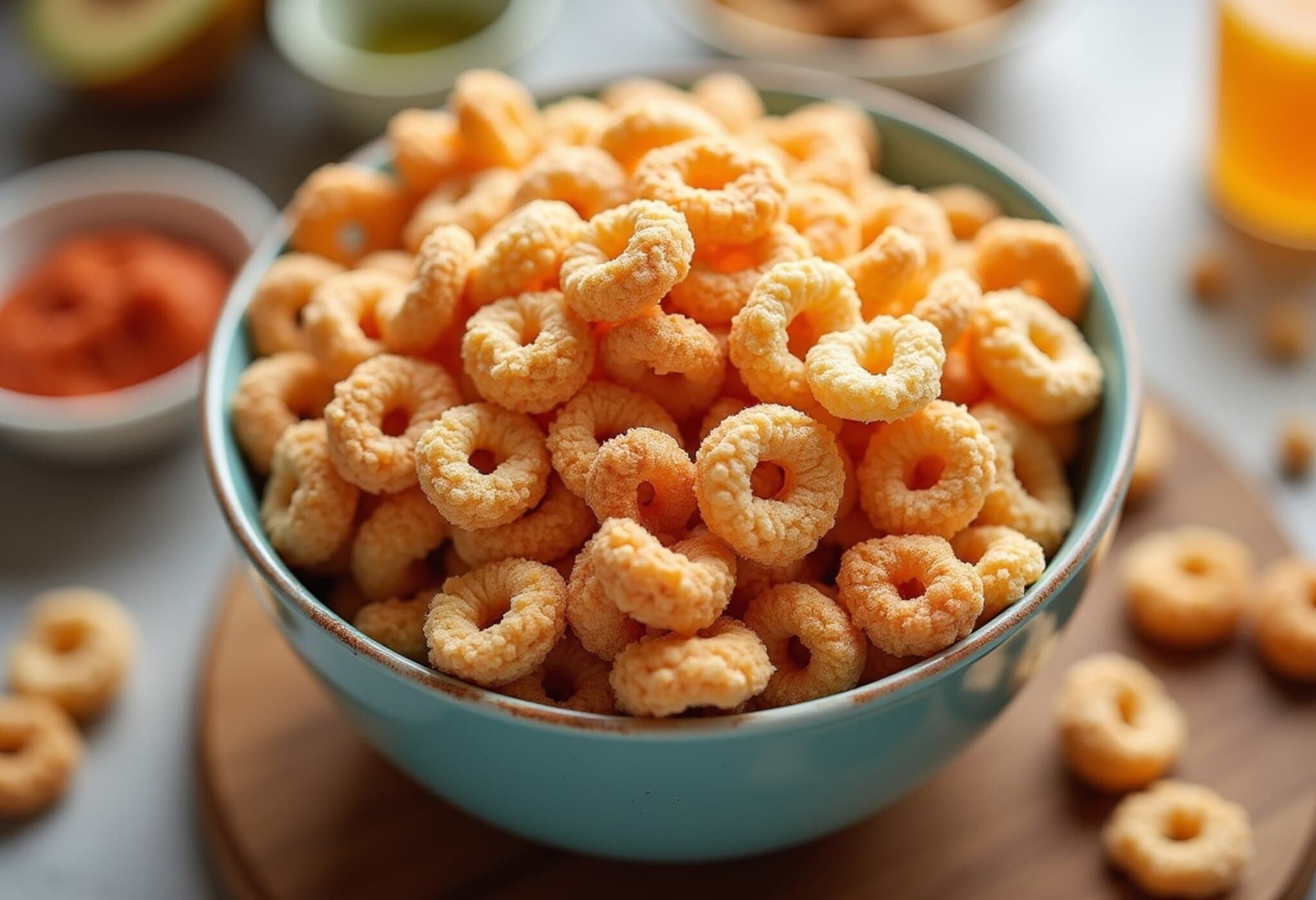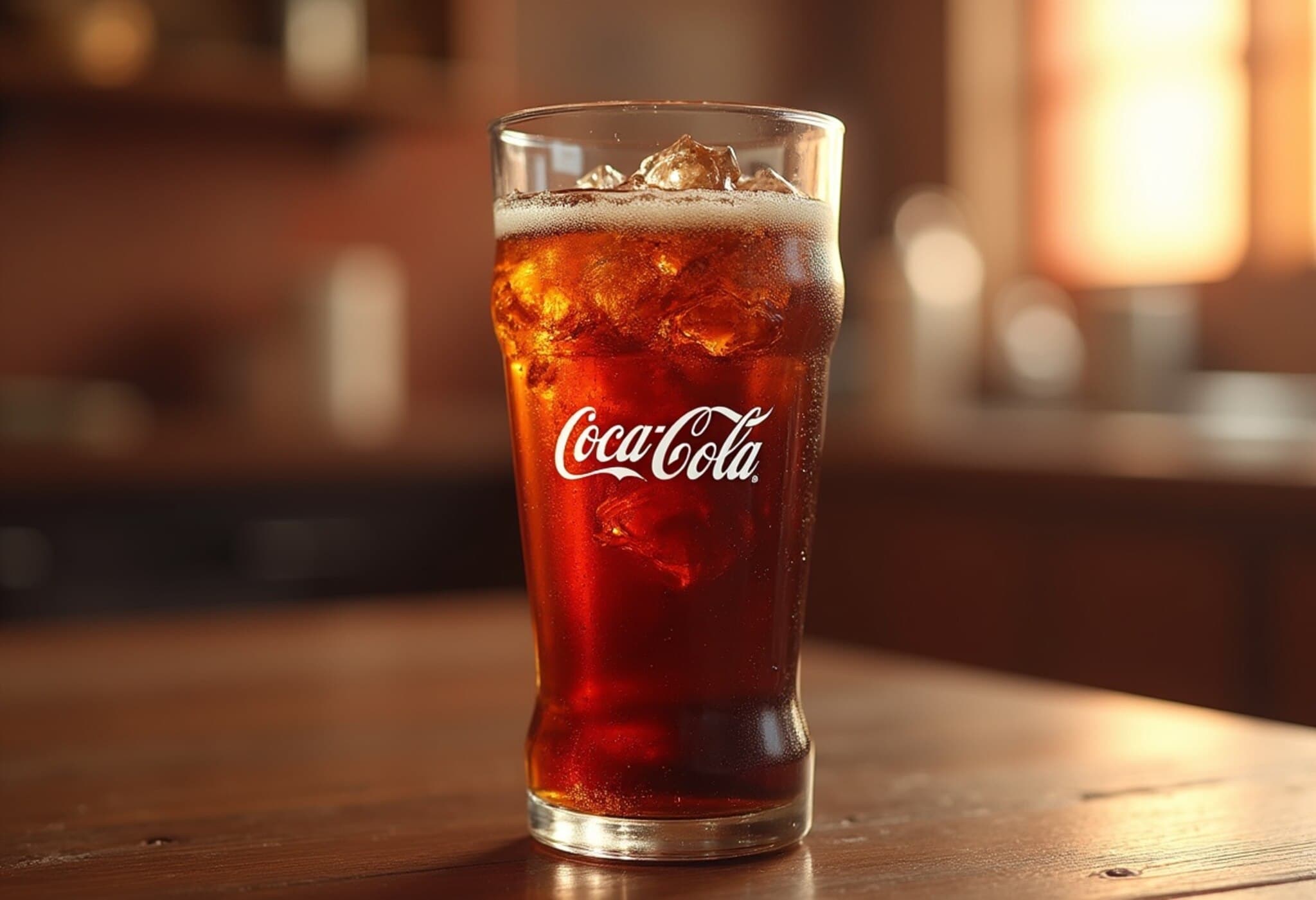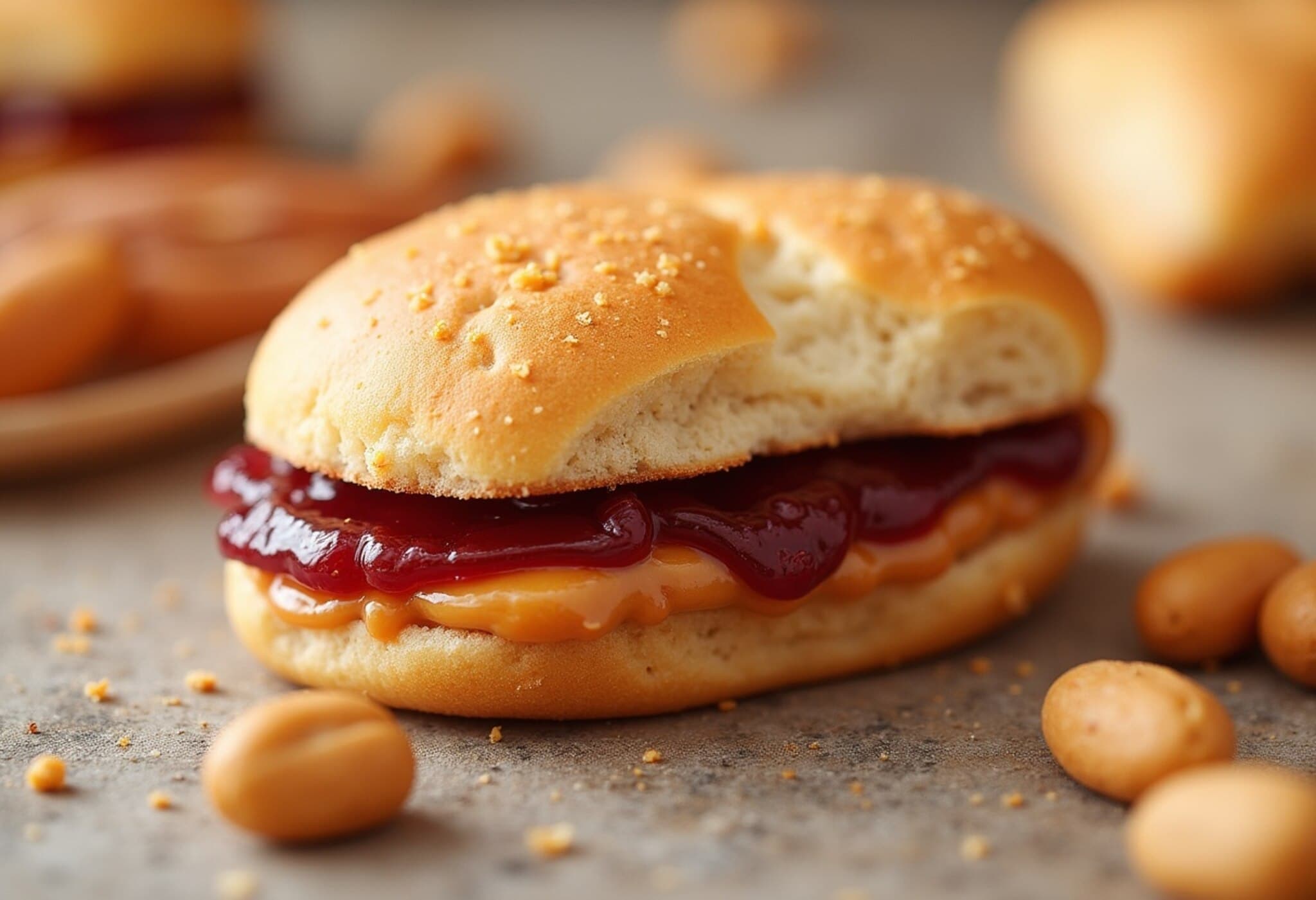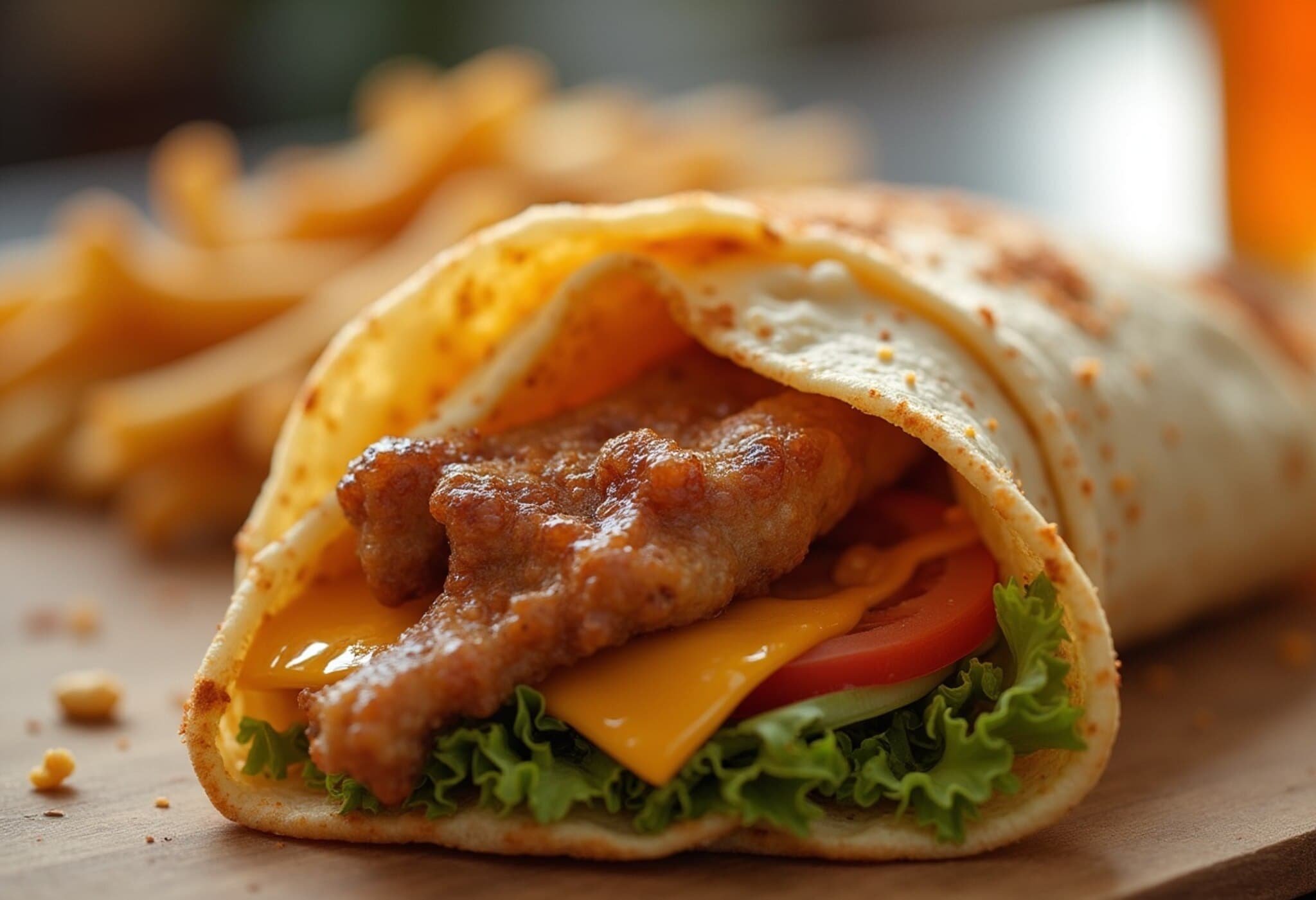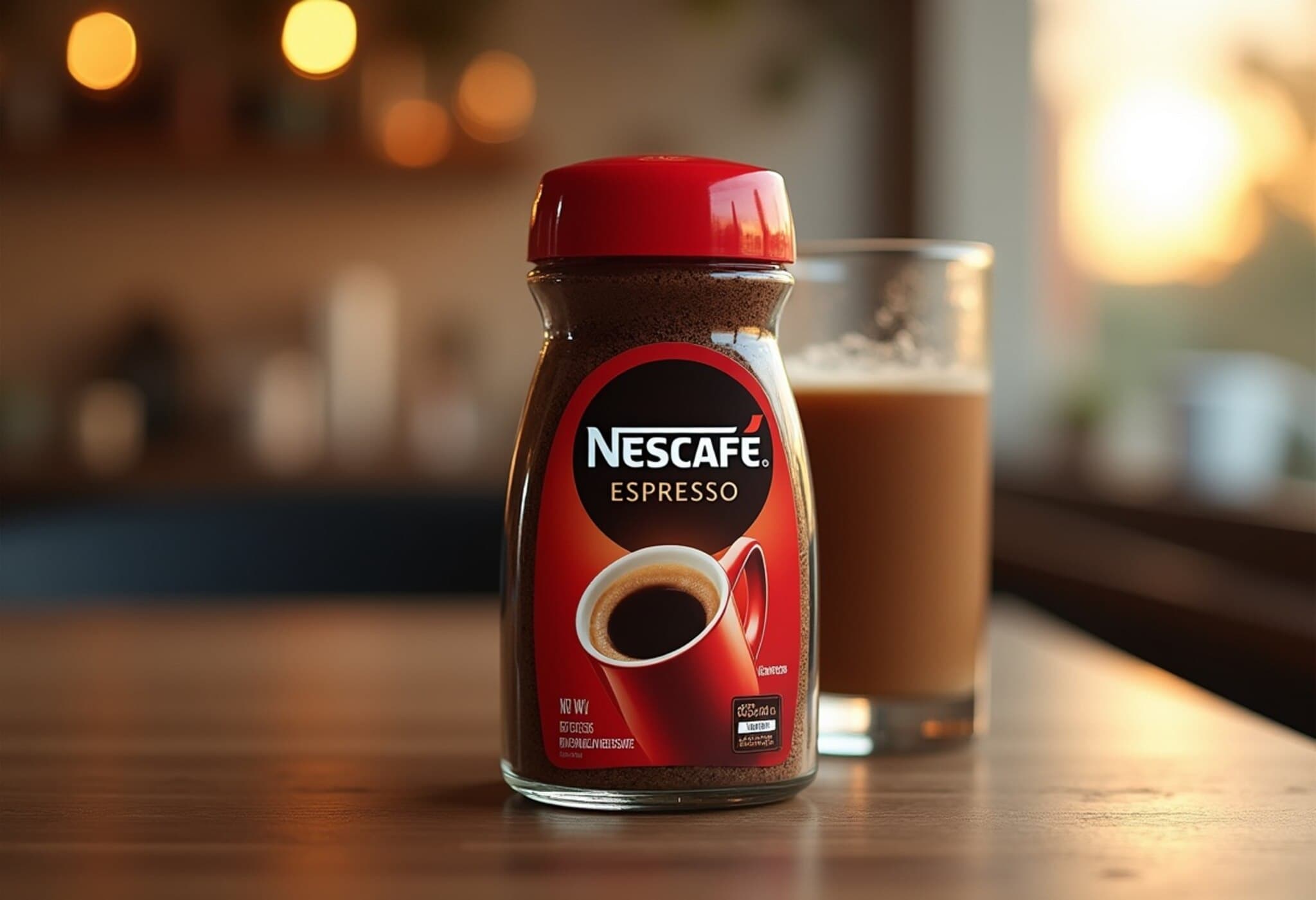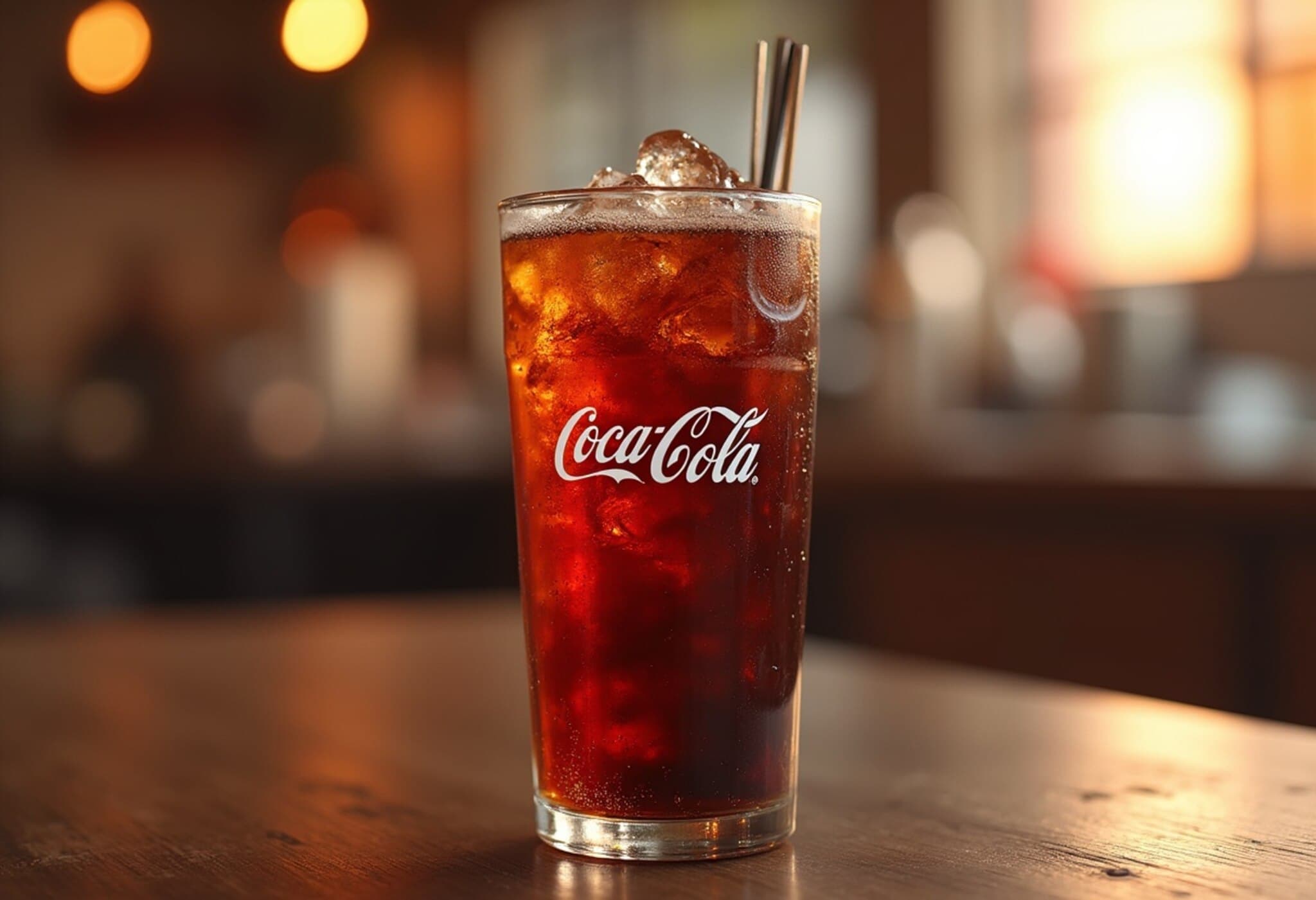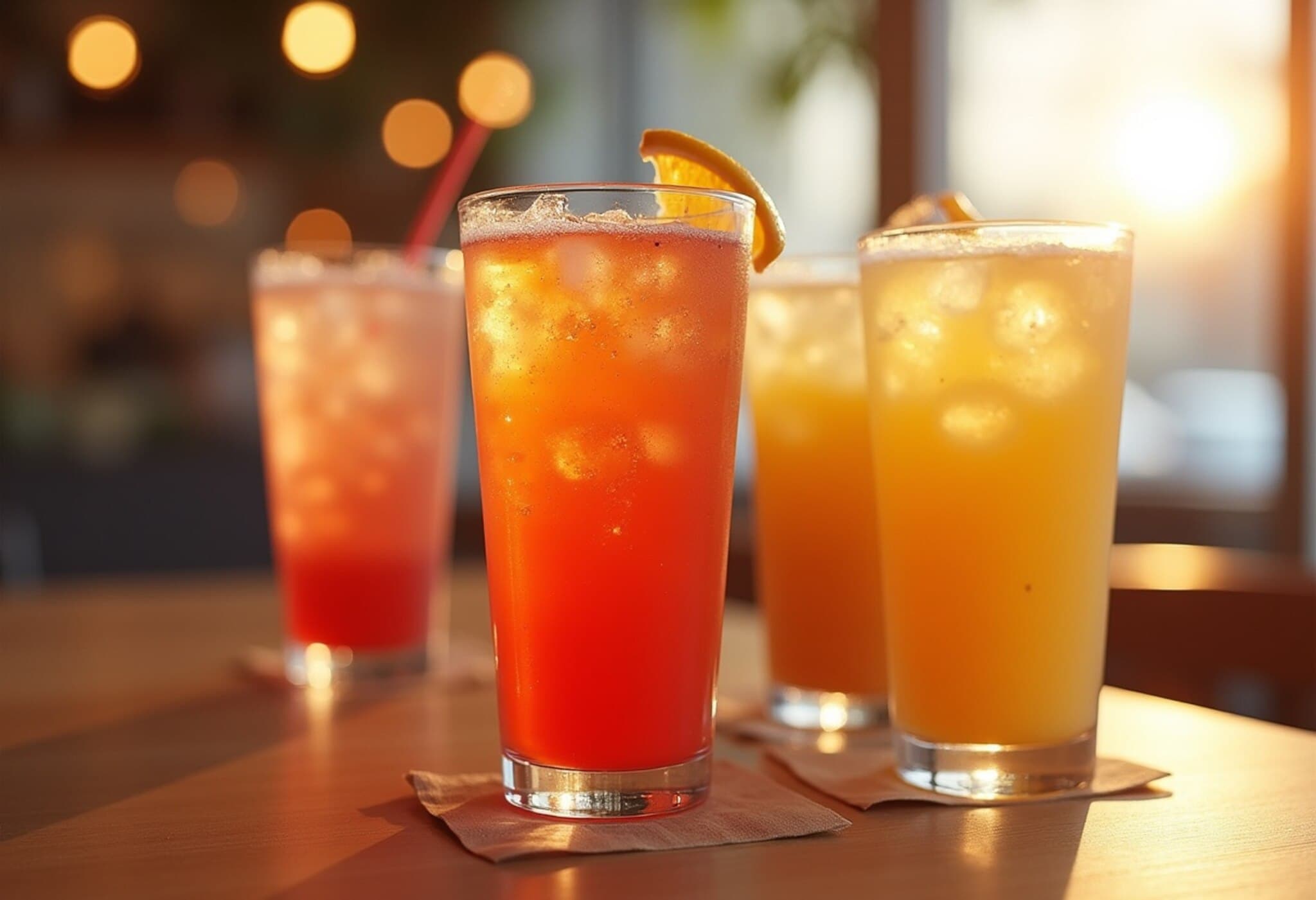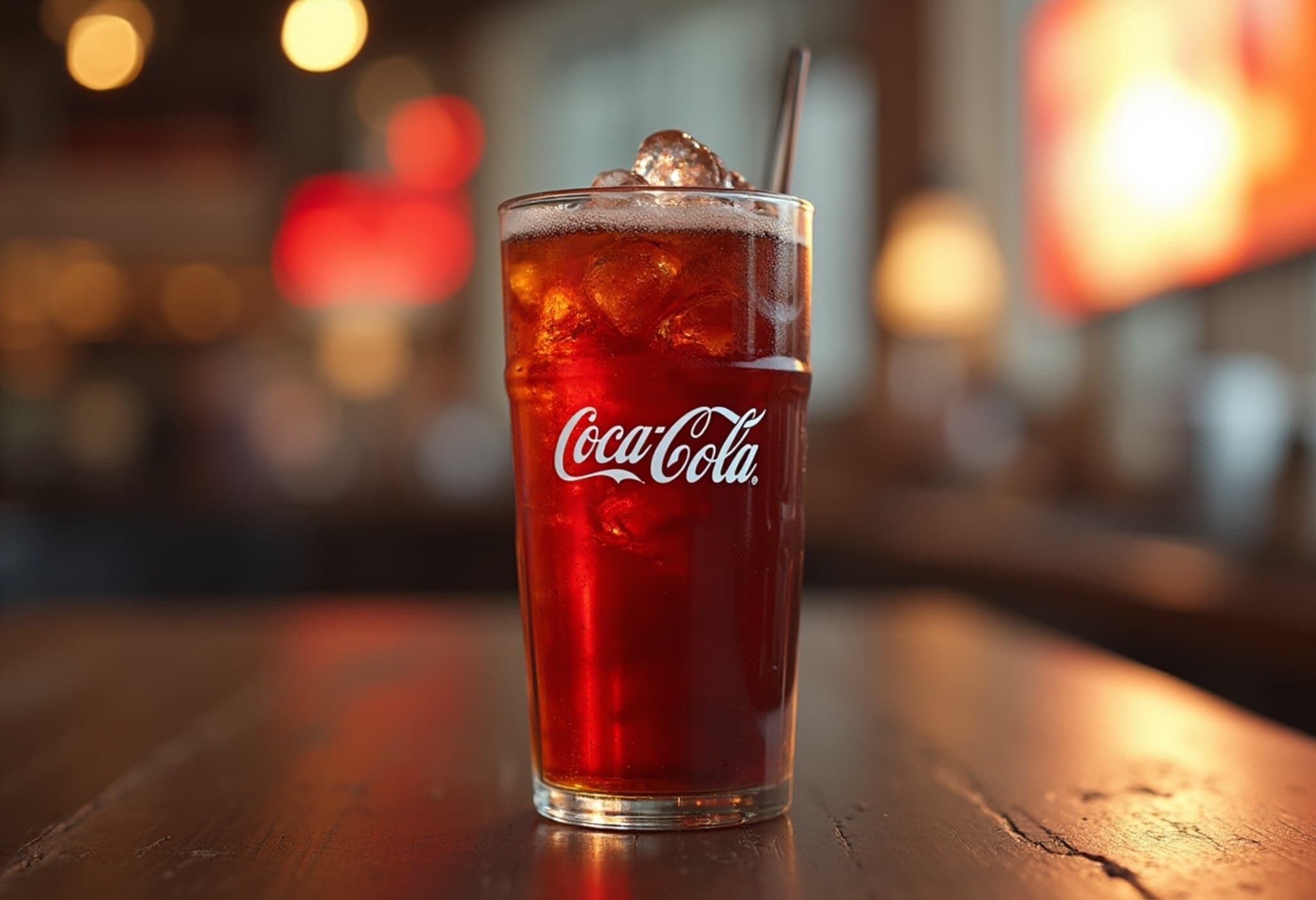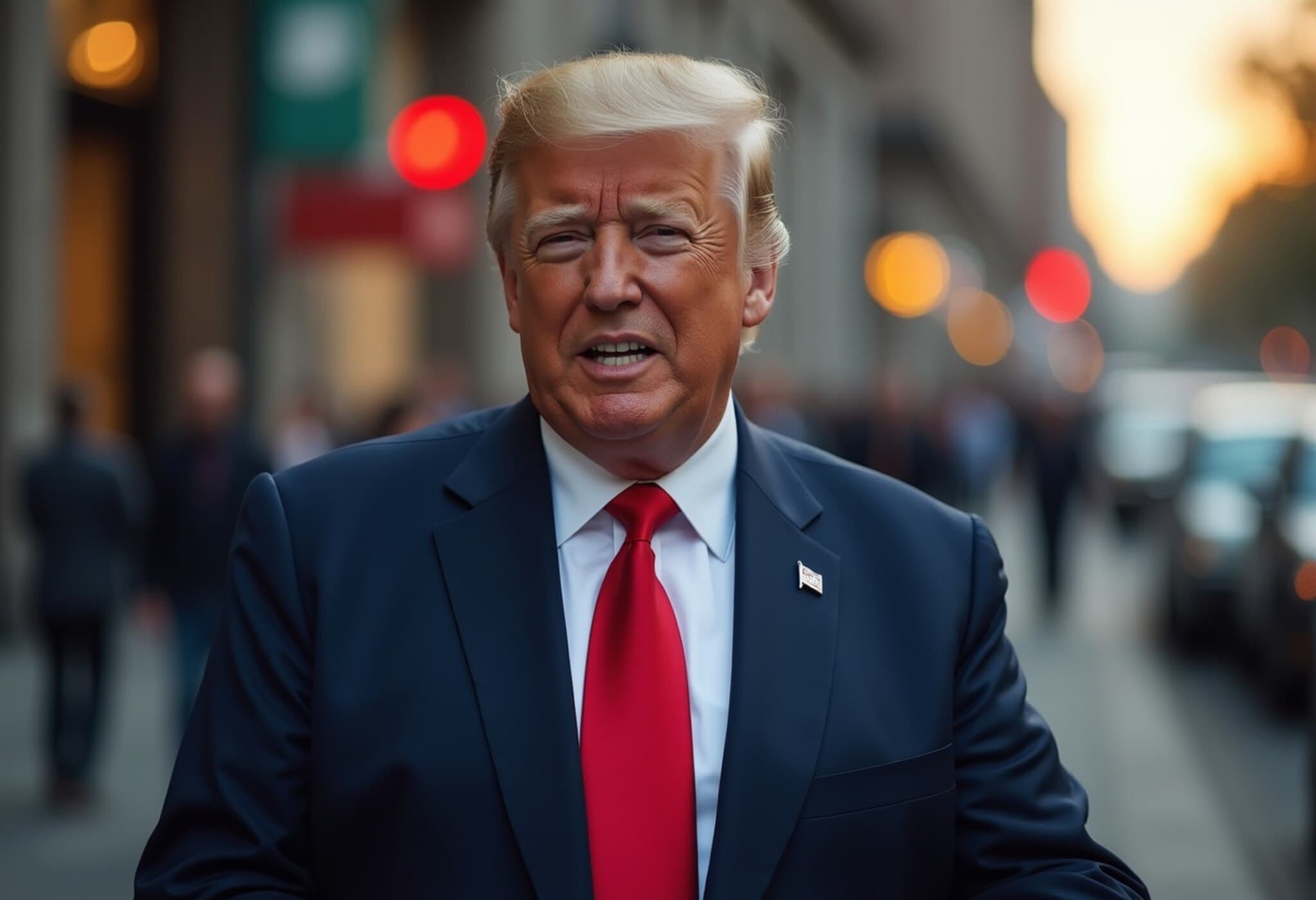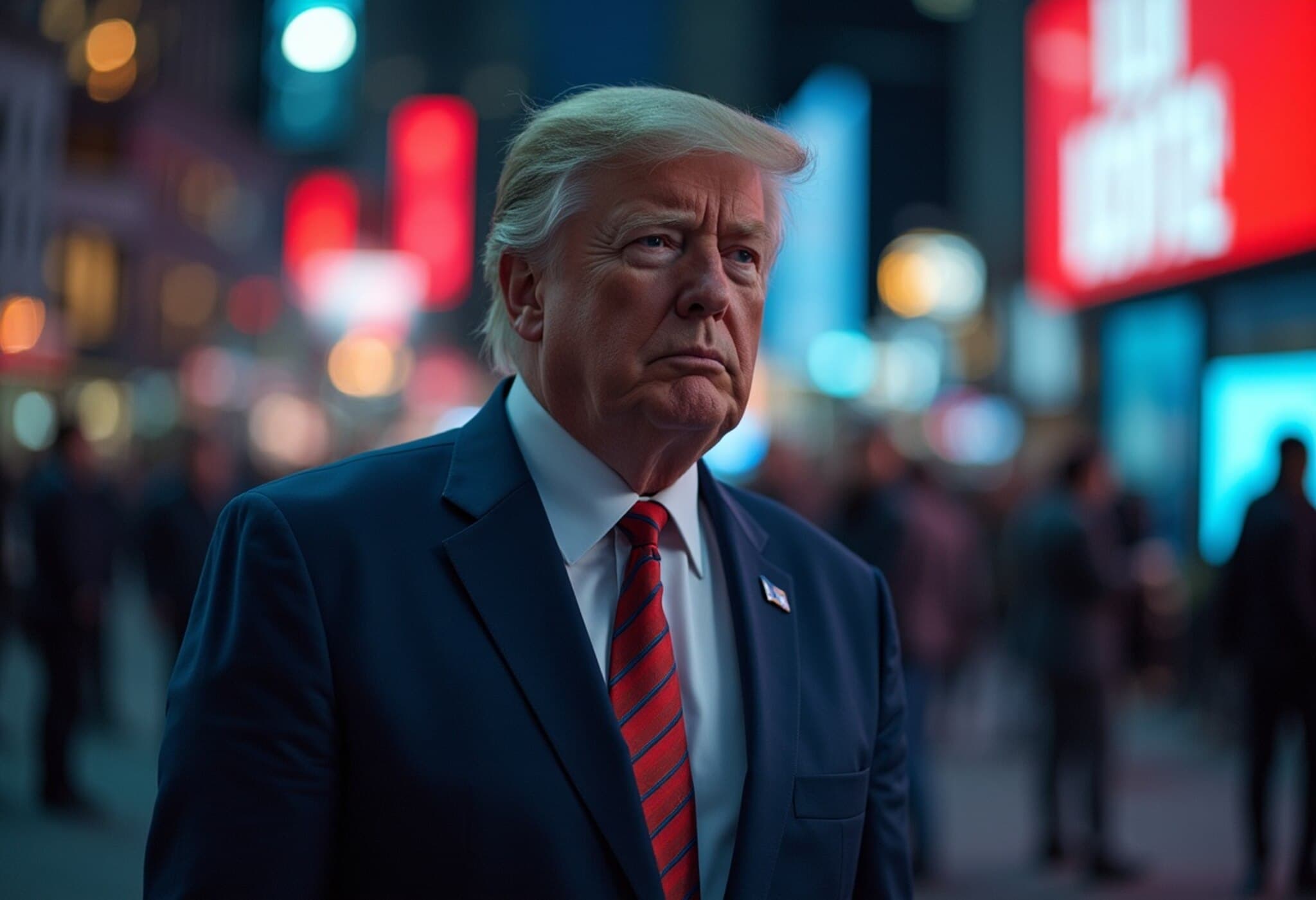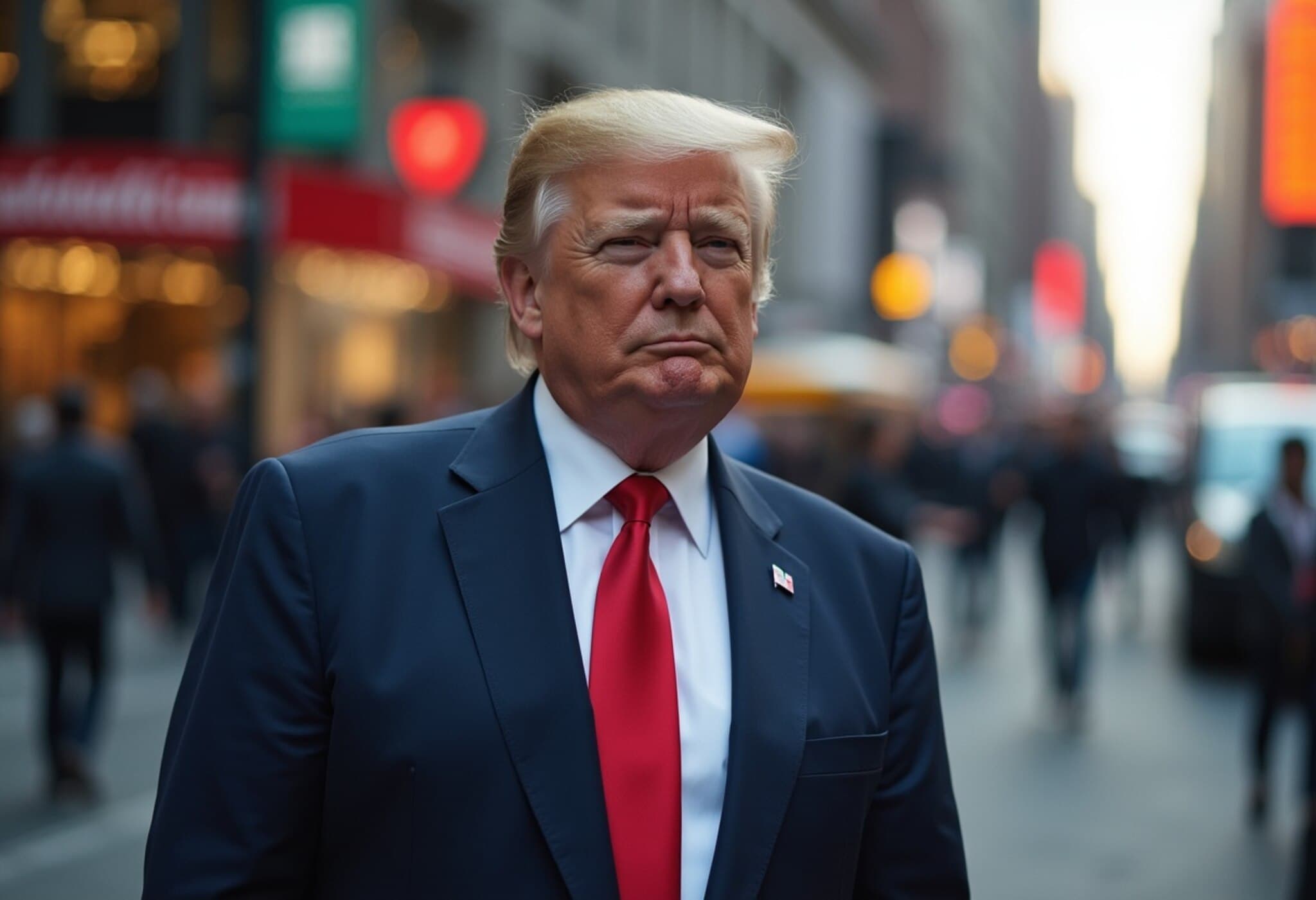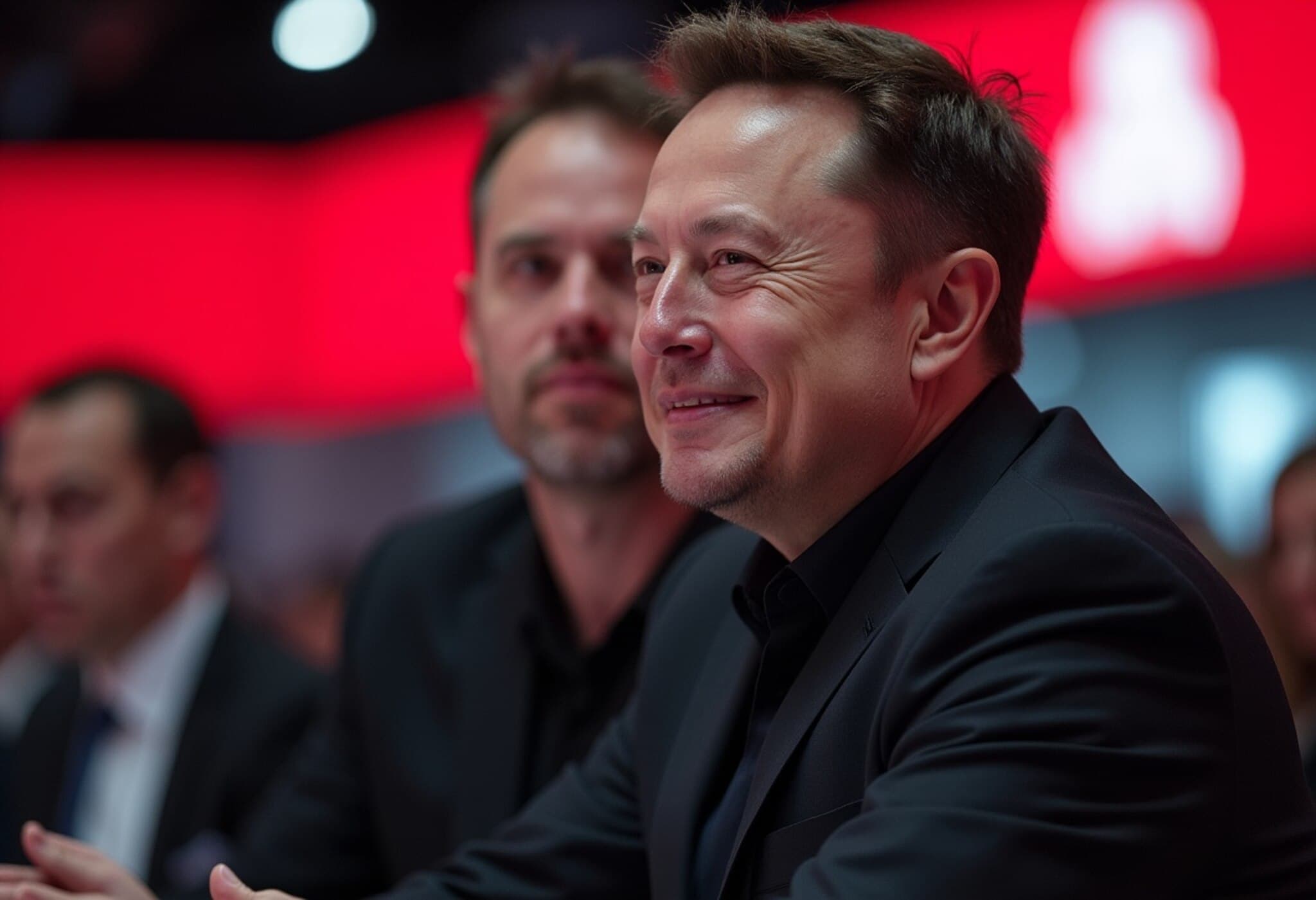Trump Announces Coca-Cola’s Supposed Shift to Cane Sugar in the US
In a recent social media post, former US President Donald Trump claimed that beverage giant Coca-Cola has agreed to replace high fructose corn syrup with "REAL" cane sugar in its products manufactured for the American market. Trump hailed the decision as a positive change, emphasizing that cane sugar "is just better." However, Coca-Cola representatives have yet to confirm this claim, leaving consumers and industry watchers eager for details.
What Trump Said and Coca-Cola’s Response
On Truth Social, Trump wrote, "I have been speaking to Coca-Cola about using REAL Cane Sugar in Coke in the United States, and they have agreed to do so. I'd like to thank all of those in authority at Coca-Cola. This will be a very good move by them — You’ll see. It’s just better!" This announcement sparked immediate discussion online about potential changes in the beloved soft drink’s recipe.
In response, Coca-Cola’s spokesperson Michelle Agnew provided a measured statement: "We appreciate President Trump’s enthusiasm for our iconic Coca-Cola brand. More details on new innovative offerings within our Coca-Cola product range will be shared soon." Notably, Agnew did not explicitly confirm any reformulation or commitment to cane sugar.
The History Behind Coca-Cola's Sweeteners
For decades, Coca-Cola produced for the US market has predominantly used high fructose corn syrup (HFCS) as a sweetener, a shift initiated in the 1980s amidst rising domestic sugar prices and agricultural policies favoring corn syrup. In contrast, Coca-Cola in many international markets uses traditional cane sugar, which some consumers claim offers a superior taste profile.
This distinction between sweeteners has long been a point of consumer debate, with advocates of cane sugar pointing to a cleaner taste and critics focusing on costs and agricultural economics.
Public Health Context and Policy Considerations
The conversation around Coca-Cola’s sweeteners overlaps with broader public health initiatives. The Trump administration's "Make America Healthy Again" (MAHA) campaign, led by Health Secretary Robert F. Kennedy Jr., aims to address concerns like the obesity crisis by encouraging food companies to reduce artificial dyes and excessive sugar content.
Kennedy has been outspoken about the dangers of high sugar consumption, underscoring its role in the nation's obesity epidemic. The administration plans to issue updated dietary guidelines emphasizing "whole foods" and reducing processed ingredients, signaling potential regulatory shifts for the food and beverage industry.
Industry Reaction and Economic Implications
The Corn Refiners Association, representing US corn syrup producers, expressed skepticism. Its President and CEO John Bode stated, "Replacing high fructose corn syrup with cane sugar doesn’t make sense," highlighting concerns over cost, supply chain, and the economic impact on corn producers.
Switching sweeteners is not a trivial matter; it involves recalibrating manufacturing processes, supply logistics, and price considerations. Consumers are watching closely to see whether Coca-Cola’s products will indeed change, and what this might mean for taste, pricing, and the company’s brand identity.
What This Means for Consumers and the Market
- Taste Preferences: Cane sugar is often perceived as delivering a more authentic and preferable flavor, potentially boosting consumer satisfaction.
- Health Impacts: While debates continue about HFCS versus cane sugar, both contribute to sugar intake, an ongoing nutritional concern.
- Economic Effects: A shift could affect corn farmers and related industries, while possibly altering beverage pricing.
- Regulatory Landscape: This move might signal alignment with health policies encouraging cleaner ingredient profiles.
Editor’s Note
President Trump’s announcement stirs important questions about the intersection of food industry practices, public health policy, and consumer demand. While Coca-Cola has yet to confirm a definitive switch to cane sugar, the dialogue highlights the complexity behind seemingly simple product ingredients. This episode underscores the need for transparent communication from corporations and thoughtful policy-making that balances health goals with economic realities.
As the situation develops, consumers should watch for official updates from Coca-Cola and consider how ingredient changes fit into the broader narrative about America’s food future, industry accountability, and health priorities.

